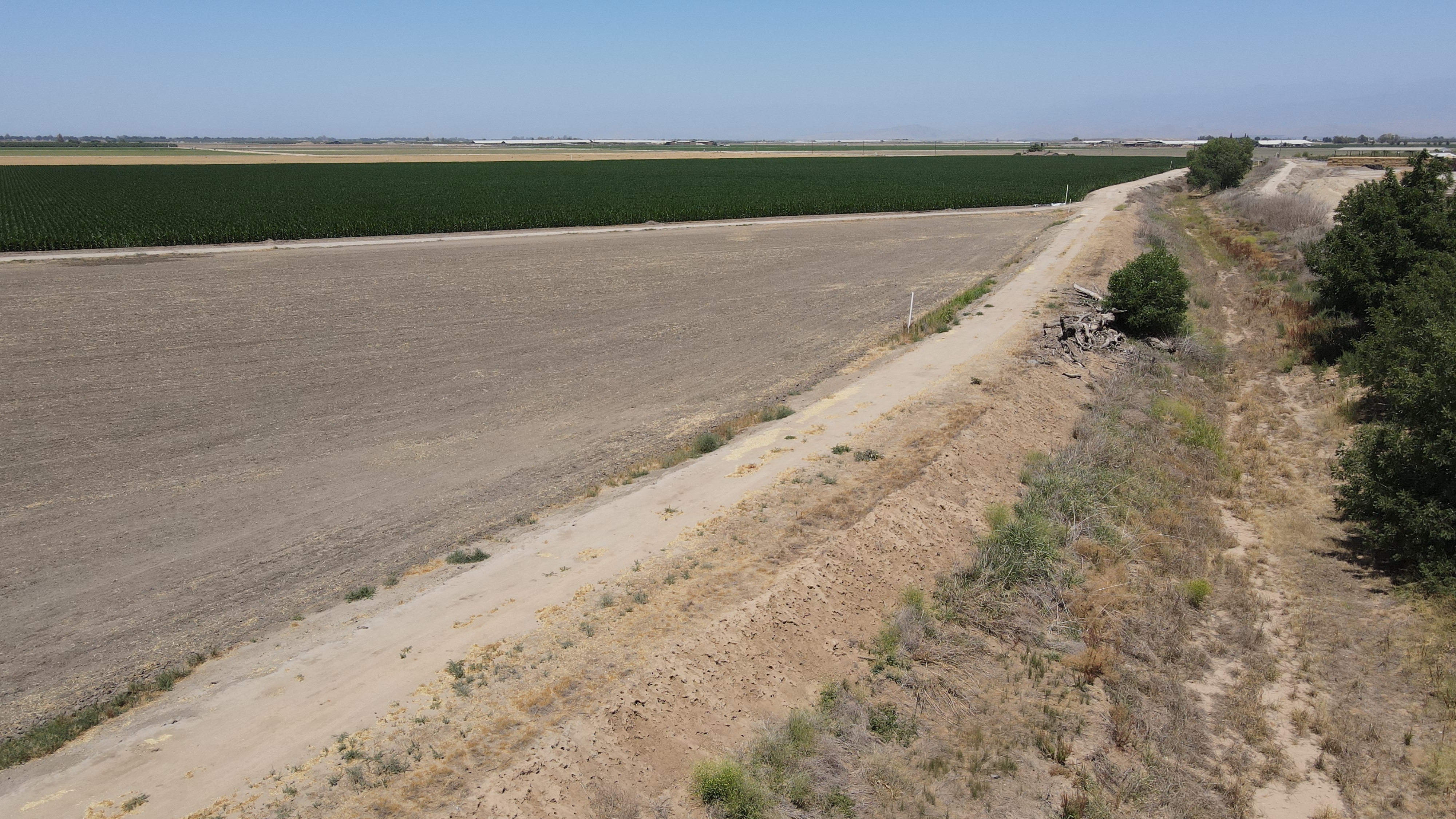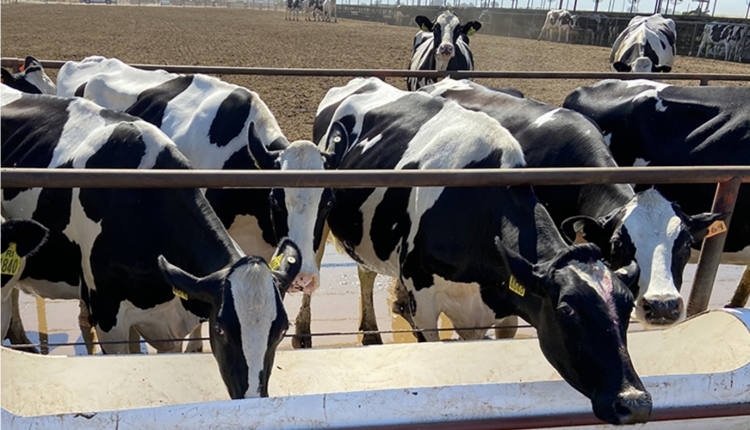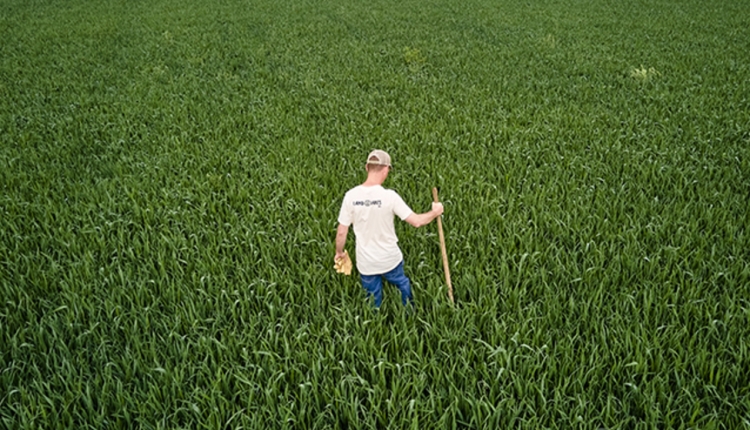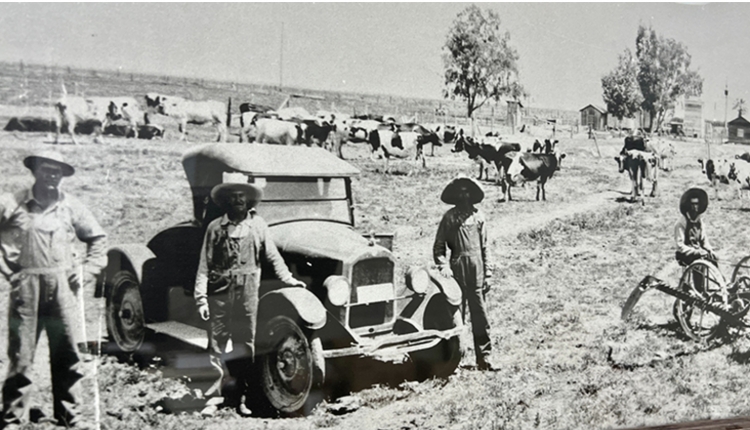
California’s water situation has not been good for a long time; however, this year could prove to be even worse. With little to no snowpack in the mountains and less water flowing down the California Water Project, farmers and cities alike are facing the repercussions of poor water management combined with consecutive dry years. With the scarcity of water this year, it is only fitting that we throw one more hurdle in the mix and make farming even more difficult. The Sustainable Groundwater Management Act (SGMA) is now in full play and is already changing the way farms are managing their water and funds.
As you drive through the Central Valley, you will notice that there are many fields full of crops next to fields that are completely barren. Normally you would surmise that the field was not planted out of choice, but that is not the case anymore. Farmers all over the valley are fallowing fields just so that they will have enough water allocation to grow crops on other fields. With no surface water, farmers will have to rely on wells alone and as of now, groundwater will be heavily regulated and monitored to ensure you as a farmer do not exceed your allocation. With the new regulations, margins are going to shrink.
For example, as a dairy producer, we have had to make the decision to fallow some of our own land in order to have enough water allocation to grow crops for our cows. With that being said, we won’t be able to grow enough feed for our animals, which means we now need to go out and purchase feed to meet our needs. It’s not because we don’t have the land to do it — we just don’t have the water allocation for it.
As the new SGMA regulations fall into place, many areas that have no surface water will be facing much harsher conditions. Since groundwater allocation greatly depends on surface water usage, those that have no surface water will not have enough groundwater allocation to grow anything.
For years, the state of California has moved water from prosperous farming regions to cities that were built in areas that could not be supported by local water sources. The state of California has also made the decision that allowing fresh, much needed water to bypass farms and cities alike to flow to the ocean was much more important than growing food or supplying clean drinking water to its citizens.
What we are currently facing is new territory for all of us. Those of us that still remain in California are going to have to get really creative really quick! With diminishing resources and few political allies, the farming scene looks bleak but not impossible. It’s just going to take a lot of ingenuity and a whole lot of grit.

Tyler Ribeiro is a fourth-generation dairy farmer born and raised in California. He is currently partners with his father at Rib-Arrow Dairy in Tulare where they proudly ship their milk to Land O’Lakes. Tyler is actively involved in the dairy industry, holding leadership roles in various organizations locally and across the United States.








